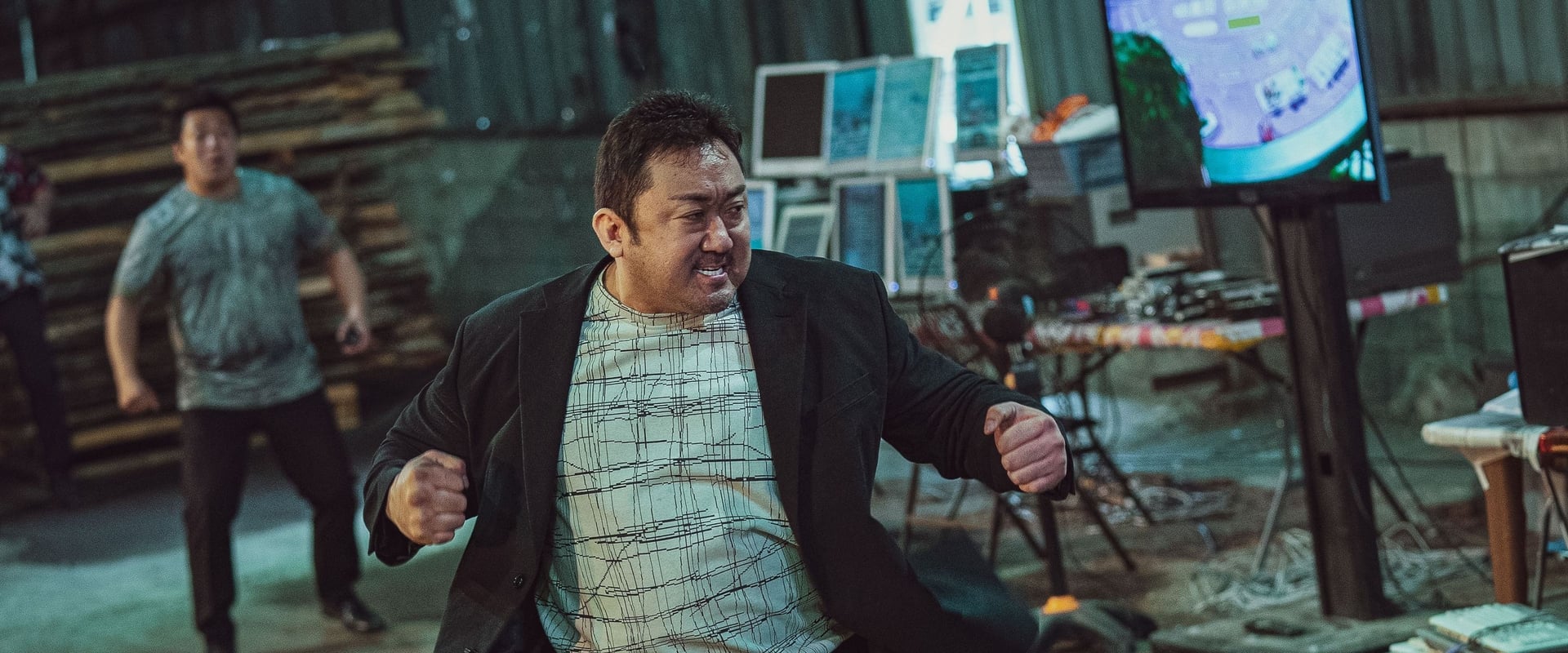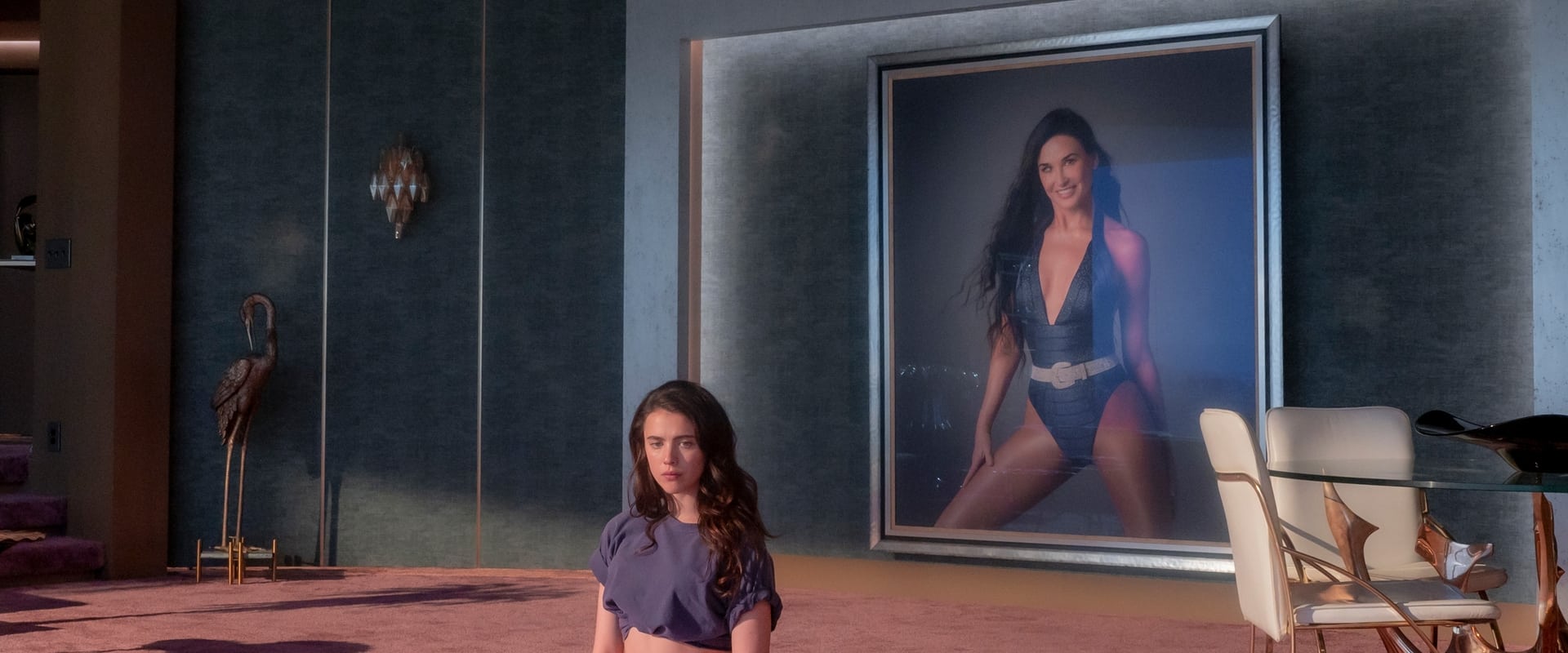How many times can we bang the same drum and call it music? In Hollywood, they’ll belt out “sequel” like they’re conjuring magic, but more often the rabbit’s already dead in the hat. I sat down to The Roundup with my head full of anxious prophecies—Ma Dong-seok returning for more brutal slapstick, a director only two films deep in the game, and a promised journey from Seoul to a postcard Vietnam. If my knees didn’t quite knock, I still tucked in for another go at what has become a modern Korean ritual: the star vehicle in which the star could actually drive through a brick wall and ask for seconds.
Lee Sang-yong, barely out of directorial infancy, treats genre not like a binding contract but a trampoline—he bounces an old conceit about cops and criminals so high you almost forget you’ve seen it a dozen times, maybe just last week. The setup is pure sequel boilerplate: four years after Ma Seok-do cleaned the city’s gutters in The Outlaws, he and his straight-arrow captain are packed off to Vietnam to shuffle an extradition like so many airport vouchers. It’s a premise that bores before the first boarding pass. And yet—by some wicked alchemy—it bursts into chaos, murder, and Don Lee’s rolling-wall-of-flesh charm before you can finish your popcorn.
Let’s talk about Vietnam, or at least the shadow puppet of Vietnam that flickers behind the action. The movie wants to sell its trip abroad—throbbing humidity, the whiff of motorbikes, the carnivorous gleam of Ho Chi Minh’s night, but what we mostly get are Korean faces against a green-screen stamp marked “foreign.” Forget about the poetic realism of early Coppola or the scent of fried noodles in the air; The Roundup’s Vietnam is wallpaper—a few uniforms, some shadowy corners, and the rest is all business as usual. I found myself squinting for markers of place, something to make the city more than a narrative Uber ride. It’s an unexplored promise—an adventure with the seatbelt still on.
But let me confess: I come to movies like this for the violence, and on this the sequel delivers. Sang-yong Lee choreographs bone-breaking like a balletomane with a grudge—blows that land with the punctuation of a full stop, shattering windshields, bodies that stretch the definition of “supporting cast,” every punch a line break. The pacing is delirious: a staccato rhythm that remembers to breathe just long enough for a joke, then descends instantly back into kinetic catharsis. The script (carved up by Lee and Don Lee himself) maps these swings from bathos to brutality with the precision of a metronome loaded with dynamite. You never get sentimental, but you never get bored.
Now, sequels live and die on their villains, and here’s the rub. Son Suk-ku as Kang Hae-sung is all file folders and cold menace: competent, ruthless, and about as memorable as lunchroom chili. He’s the kind of bad guy you’d cross the street to avoid, but not one your subconscious gnaws on. He’s walking proof that evil shouldn’t just impress, it should haunt, and The Outlaws’ Yoon Kye-sang—spectral, sadistic—casts a shadow all the way through this sequel’s brightest fights. What does it say when you’re hoping, at least once, for Kang to sprout a Joker grin, or even just a nervous tic? Competent, yes. Chilling, not even on a technicality.
So we return—no, rush—to Ma Dong-seok. Even typing his name is like putting your faith in a sturdy bridge. He’s one of those rare physical comedians whose presence is its own special effect: a collision of bulk, geniality, and granite-edged charisma that makes every scene a party where bruises are favors. His Ma Seok-do still glows with the nutty sunshine of a guy who happens to break noses as a side hobby. Each roundhouse is a love letter to popcorn, and each grin is the kind of reward you’d pay again to see. Choi Gwi-hwa, deadpan ballast, gives the proceedings just enough gravitational pull to keep Don Lee from uppercutting the movie straight into meta-comedy.
Yet The Roundup is less a symphony than a jam session. Its highs—the fight in the hotel, the plot lurches that gleam like new handcuffs—are thrilling, but there are stretches, especially early on, when the pacing sags and the spark flickers. The international flavor is half-dissolved, the threat never as vivid, the soul a little more absented than one wants in a franchise still trying to declare itself worthy of spinoffs.
But—and here’s the crux—do we really care? I didn’t sit there auditing emotional calories; I was swept up in the sheer pleasure of formula done with fizz and intelligence. It doesn’t reinvent the wheel, but it certainly clubs a few thugs with it. If the original was a shot of whiskey, this is a chaser: not as wicked, but plenty bracing.
The Roundup earns its stripes by remembering that repetition is, for the true fan, a kind of bliss. If I missed the nightmare villainy of the first, I didn’t miss the show. And when the credits rolled and I’d counted my teeth, I was ready—practically eager—for the next brawl in the saga’s evolution. Ma Dong-seok’s fists are the law, and for now, that’s plenty of justice.
These modest pleasures may not be revolutionary, but sometimes the revolution is overrated. Come for the mayhem, stay for Ma’s fist and the aftertaste of adrenaline. That’s a sequel worth the bruises—at least until the third act arrives, swinging.


